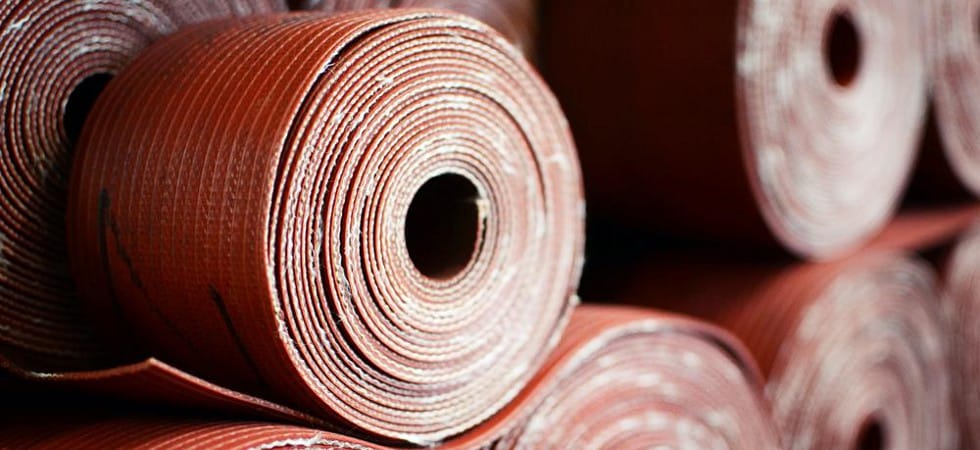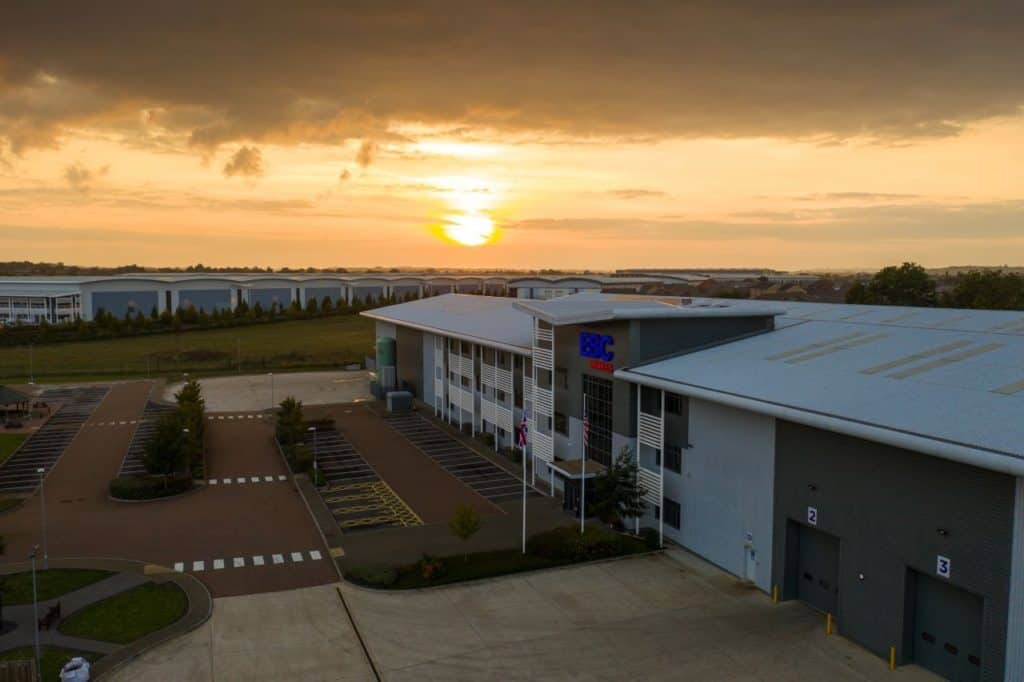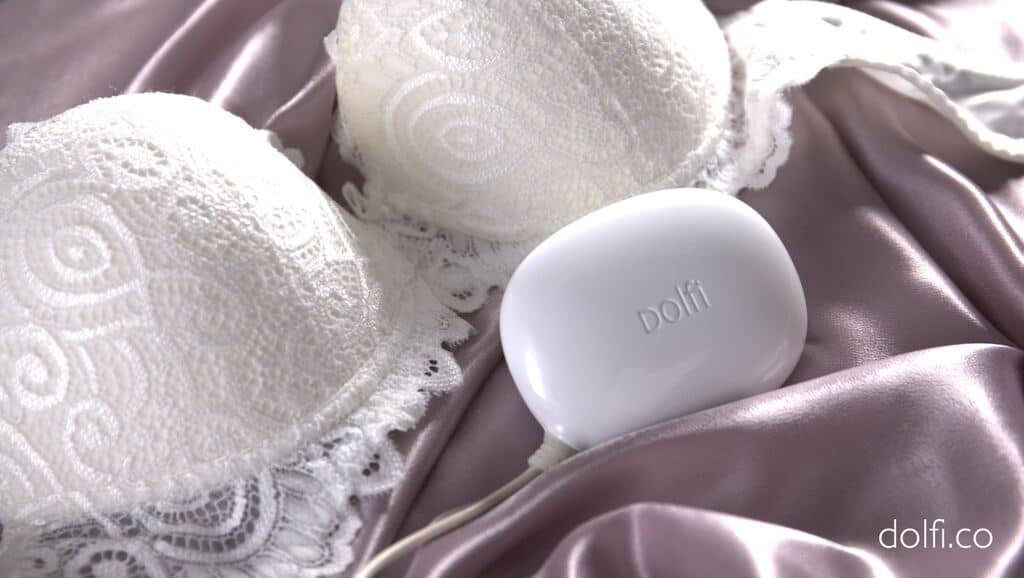Plastic Expert is pleased to introduce Elvis and Kresse, one of the UK’s most innovative brands…
Welcome, Elvis & Kresse, would you like to introduce yourselves and your business?
Hi! We are a couple of waste loving, backward working environmental designers. We have been working together, reclaiming and cherishing materials that would otherwise go to landfill, for 10 years.
Tell us a bit about where the idea to reclaim fire hoses came from, and why did it strike such a chord with you?
We reclaim the hoses directly from Fire Brigades in the UK, when it is too damaged for their teams to repair and can no longer serve in active duty. It was genuinely love at first site with the hose, coiled up on a rooftop in Croydon, ready to be shipped to landfill. Its long, heroic life evident in scars, scrapes and scratches; it was just too useful and beautiful to leave there or to forget.
How has the use of the fire hose material evolved over time, what are its characteristics?
Our interaction with the hose has evolved enormously. When we first started collecting it we were cleaning it in the sink, then the bathtub. As the business scaled we designed our own processes and either acquired or cobbled together equipment to edge clean, cut, split, sew and finish the hose. For the first year we made and sold belts as it took a great deal of time and research to make larger, or more detailed products of a quality that we were happy with. The hose is a tough, 4mm thick nitrile rubber jacket extruded through and around a woven nylon core. The vast majority of British hoses are red, which varies as it does with bricks, and it has a muted, subtle lustre. Fire resistant, water resistant, durable, this life saving material is definitely worth rescuing.
What other materials are you recycling and saving from landfill, and do they have brilliant stories too?
We have too many materials in our R&D pipeline to mention here but there are wastes in all aspects of what we do. Our packaging is made from a host of materials that we collect; parachute silk, printing blankets, shoe boxes, coffee and tea sacks. Even our business cards are made from used air traffic control flight strips.
What are your feelings towards the UK’s disposable culture and reliance on landfills?
Disposable culture has had its day… it is disappointing how it lingers and will continue to, how ingrained it has become over what is essentially a very short period of time, certainly less than a century! There is no excuse for landfill.
How big is your team, and how have you seen it grow and develop since your inception?
There are 5 of us in the UK and 6 in Istanbul, despite being in two locations we work together incredibly effectively. The team grows very slowly… for a long time it was just the two of us.
What has been the greatest challenge for Elvis & Kresse?
In 2005 we set out to rescue London’s fire hoses. By 2010 we had grown to the size where that was happening. There were so many unbelievable challenges over the course of those five years that it would be impossible to pick one, or even a few. Any of them could have finished us.
Where do you see your business growing over time?
We see it growing in lots of ways. We continue to take on new wastes, when we find ones we think we can fix, or ones we can’t ignore. We are also scaling collections of our current wastes and selling in new geographic areas.
If you had piece of advice to give to any young designer or entrepreneur looking to reclaim a material, what would it be?
Research is key, you don’t just have to know your material, you have to know your market and your numbers, you will be running a business, if the business fails, so will your reclamation mission. Remember too that your market shouldn’t just be the eco-conscious consumer. You need to compete across the board. Story or green credentials are not enough on their own.
Check out Elvis and Kresse’s website here!








